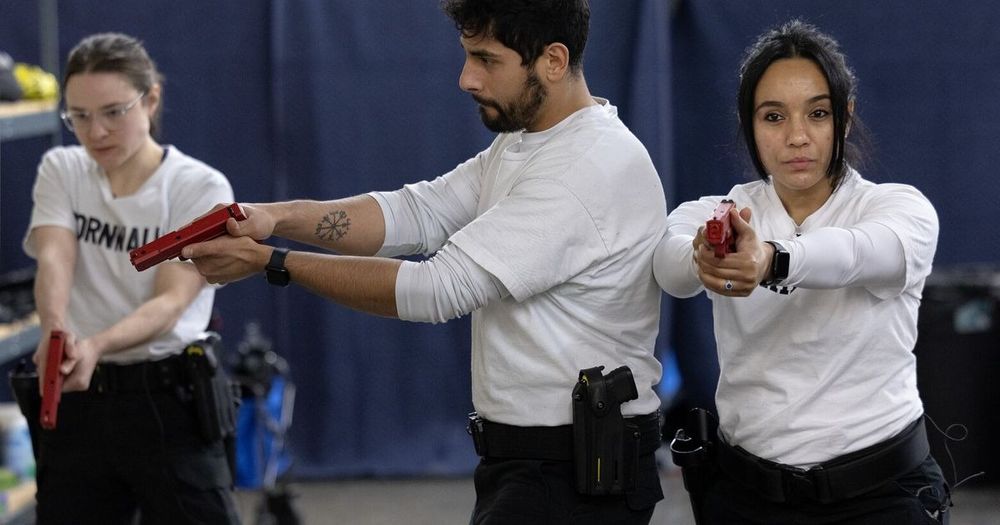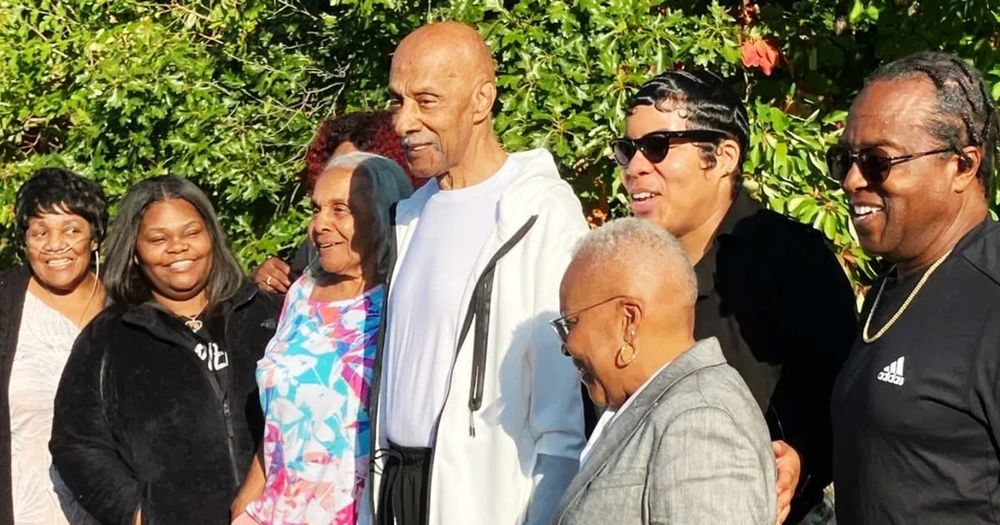Quattrone Center for the Fair Administration of Justice
@quattronecenter.org
580 followers
310 following
370 posts
National research and policy hub at the University of Pennsylvania, created to correct errors and catalyze long-term structural improvements to the US criminal justice system. Visit https://www.law.upenn.edu/institutes/quattronecenter/
Posts
Media
Videos
Starter Packs
Pinned
Reposted by Quattrone Center for the Fair Administration of Justice
Reposted by Quattrone Center for the Fair Administration of Justice























